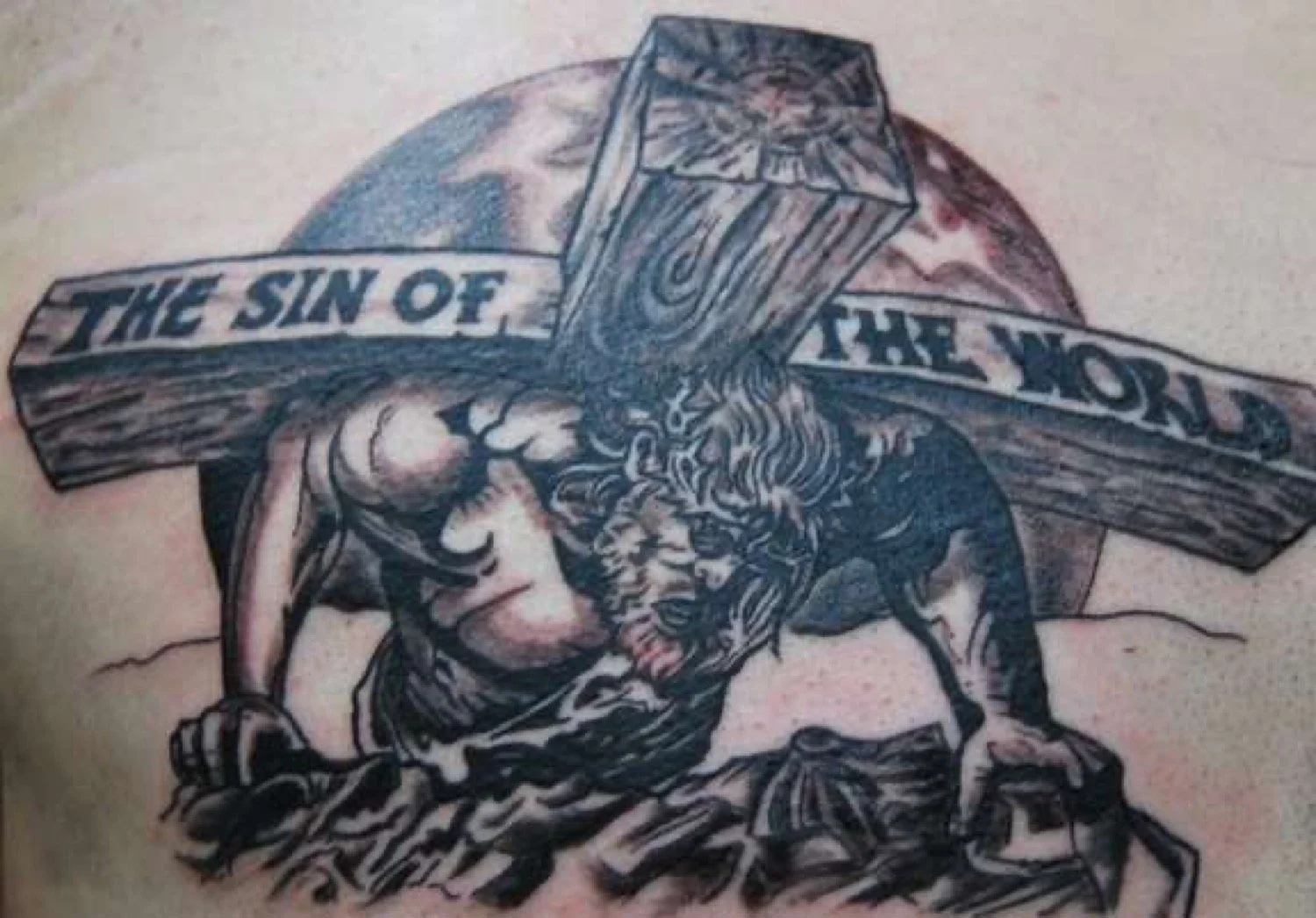Readings for today: Job 14-17
Father, help me attend to the pain of the world. The pain of those I love. The pain of those I live among. Help me to find the courage to walk back into pain even when everything in me wants to run or avoid or close my eyes or shut my ears. For there is where I will find You.
“Pain won’t kill you.” Miss Sarah shared those words with me when I first visited her. She was 95 and living at home by herself. I was all of 29 years old and a freshly minted pastor just out of seminary. As I listened to her story, my heart just broke. She had been battling a host of diseases for decades. She had fought off various cancers. She could barely walk due to her COPD. She had a degenerative back condition that left her in excruciating pain. She was also one of the meanest, nastiest people you will ever meet. She treated the home health nurses that cared for her terribly. Constantly cussing them out and calling them names. She did the same to her family to the point where they hated coming around. I visited her about once a month to serve her communion since she was one of our homebound members. There were many times I left without serving her the elements because she refused to confess her sins before the Lord and I refused to make a mockery of the sacrament. During those times, she would cuss me out as I headed out the door. But she always welcomed me back the next month and along the way there would be these breakthroughs. Moments of grace where a window would open into her soul. She would weep. She would confess. She would repent. Those were sacred moments where God’s Spirit rushed in.
The pain Job feels is relentless. It is ruthless. It is excruciating. With no end in sight. He longs for death. Longs for the release of the grave. (I cannot tell you how many times I prayed with Miss Sarah for the Lord to take her as she slept. This was her most heartfelt prayer request.) The way Job describes his experience is almost painful in itself…
“But the mountain falls and crumbles away, and the rock is removed from its place; the waters wear away the stones; the torrents wash away the soil of the earth; so you destroy the hope of man...He feels only the pain of his own body, and he mourns only for himself." (Job 14:18-19, 22)
“Surely now God has worn me out; he has made desolate all my company. And he has shriveled me up, which is a witness against me, and my leanness has risen up against me; it testifies to my face. He has torn me in his wrath and hated me; he has gnashed his teeth at me; my adversary sharpens his eyes against me...I was at ease, and he broke me apart; he seized me by the neck and dashed me to pieces; he set me up as his target; his archers surround me. He slashes open my kidneys and does not spare; he pours out my gall on the ground. He breaks me with breach upon breach; he runs upon me like a warrior.” (Job 16:7-9, 12-14)
“My spirit is broken; my days are extinct; the graveyard is ready for me.” (Job 17:1)
Job’s pain is an endless cataract, cascading down on his body, mind, and soul. There is never an end to it. It is so terrible and horrifying, I’m sure it made Eliphaz want to squeeze his eyes shut and close his ears. He simply cannot handle what he’s seeing and hearing. So he opens his mouth again and this time one can hear his frustration. “But you are doing away with the fear of God and hindering meditation before God...Your own mouth condemns you, and not I; your own lips testify against you...Why does your heart carry you away, and why do your eyes flash, that you turn your spirit against God and bring such words out of your mouth?” (Job 15:4, 6, 12-13) I cannot tell you the number of times I got frustrated listening to Miss Sarah. Over and over again, I felt compelled to rebuke her. Correct her. Challenge her. Her racist rants were offensive. The way she spoke of her kids disrespectful. Even the way she talked about God made me angry. I cannot tell you the number of times I threw up my hands and walked away. And yet, God’s Spirit kept bringing me back. Forcing me to walk into her living room where she lay in her hospital bed and engage her once again.
C.S. Lewis once said, “Pain insists on being attended to. God whispers to us in our pleasures, speaks in our consciences, but shouts in our pains. It is His megaphone to rouse a deaf world.” The reality is God was trying to “rouse” Miss Sarah. In the midst of her suffering, He reached out for her over and over again. His love never wavered. His faithfulness never failed. His grace never reached its limit. As dark as things have gotten for Job - and they will get darker still before the dawn - God is present. Always there. Hovering in the background for now but by the end of the book, manifesting Himself in all His glory. And for centuries, He has used Job’s pain as a megaphone to rouse our deaf and dying world.
Readings for tomorrow: Job 18-21




